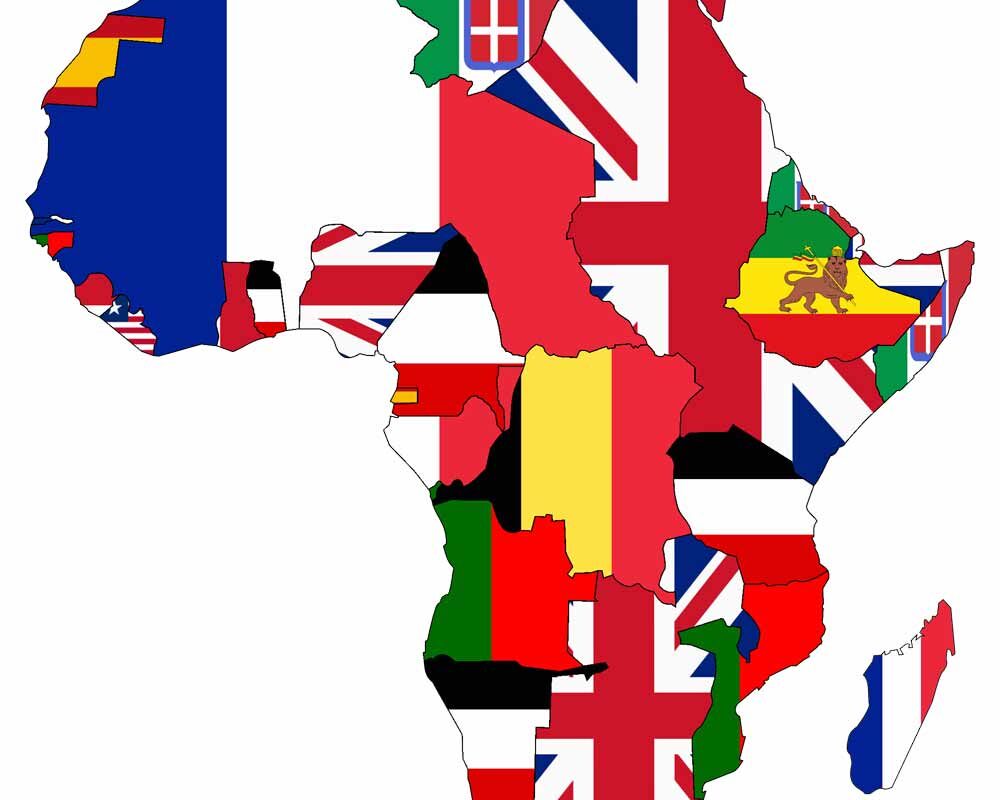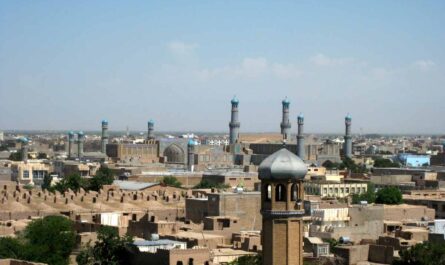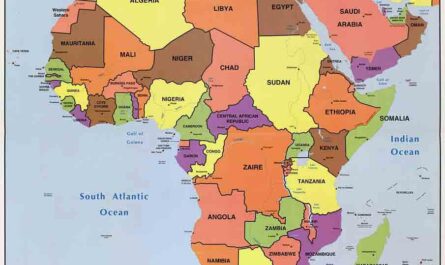The flags of African countries are powerful symbols of pride, identity, and sovereignty, representing the rich diversity and complex histories of the continent. They serve as visual reminders of the struggles and triumphs of African nations and embody the hopes and aspirations of their people for a brighter future. While each flag is unique in its design and symbolism, they all share a common purpose: to inspire unity, pride, and resilience among the diverse peoples of Africa.
The Vast Expanse of Africa
Africa stands as the second-largest continent on the globe, trailing only behind Asia in both landmass and population density. Encompassing a staggering 30.3 million square kilometers, which includes its surrounding islands, Africa sprawls across approximately 20% of the Earth’s total land area. Moreover, its influence extends further, claiming 6% of the planet’s entire surface. This expansive territory serves as a home to a remarkable 1.4 billion individuals, as estimated in the year 2021. Such a substantial populace accounts for a significant 18% share of the global human population.
Diverse Geography and Cultures
Africa’s landscape is as varied as it is vast, with a myriad of geographical features shaping its terrain. From the lush rainforests of the Congo Basin to the sweeping deserts of the Sahara, the continent boasts a rich tapestry of ecosystems. Mountains, rivers, savannas, and coastlines further contribute to its geographical diversity. Beyond its physical attributes, Africa is a melting pot of cultures, languages, and traditions. With over 3,000 distinct ethnic groups and more than 2,000 languages spoken, it is a testament to human diversity and resilience.
Historical Significance and Legacy
Throughout history, Africa has played a pivotal role in shaping the course of human civilization. It is widely regarded as the birthplace of Homo sapiens, our species, with archaeological evidence pointing to East Africa as the cradle of humanity. Over millennia, various civilizations emerged and flourished across the continent, leaving behind a legacy of innovation and cultural heritage. From the ancient civilizations of Egypt, Nubia, and Axum to the powerful empires of Ghana, Mali, and Songhai, Africa’s past is a tapestry woven with threads of greatness and achievement.
Challenges and Opportunities
Despite its rich resources and potential, Africa also faces numerous challenges. Persistent issues such as poverty, political instability, and disease burden many of its nations. However, amidst these challenges lie opportunities for growth and development. Africa’s youthful population, coupled with a burgeoning entrepreneurial spirit, holds promise for the continent’s future. Moreover, investments in education, healthcare, and infrastructure are key to unlocking Africa’s full potential and ensuring a brighter tomorrow for its people.
A Continent of Contrast and Resilience
In conclusion, Africa is a continent of stark contrast and remarkable resilience. Its vast expanse and diverse geography make it a treasure trove of natural wonders and cultural marvels. Despite facing challenges, its people have demonstrated an unwavering spirit of resilience and determination. As Africa continues to navigate the complexities of the modern world, it remains a beacon of hope and possibility, forging ahead towards a brighter and more prosperous future for generations to come.
Symbolism and Significance of African Flags
Flags serve as powerful symbols of pride, identity, and sovereignty for nations around the world, and African countries are no exception. The national flag is an emblem that represents a country’s history, values, and aspirations, serving as a visual manifestation of its independence and uniqueness. Each African nation has its own distinctive combination of colors, shapes, and symbols, carefully chosen to reflect its cultural heritage and national identity. While the designs may vary widely, almost all national flags adhere to the conventional rectangular shape, providing a unified framework for their diverse symbolism.
Representation of Sovereignty
For African countries, their flags hold particular significance as symbols of sovereignty and self-determination. Historically, many African nations have fought long and hard for their independence from colonial rule, and the adoption of a national flag often marks a pivotal moment in their journey toward autonomy. These flags represent the collective aspirations of their people for freedom, equality, and prosperity, embodying the spirit of resilience and determination that characterizes the continent’s history.
Diversity in African Geography
Africa, the second-largest continent on Earth, boasts a staggering diversity in its geographical landscape, comprising 54 sovereign countries and nine dependent territories. Each of these nations contributes to the rich tapestry of Africa’s cultural, linguistic, and historical heritage. From the sun-scorched deserts of the Sahara in the north to the lush rainforests of the Congo Basin in the central region, and from the towering peaks of the Rwenzori Mountains in the east to the pristine beaches along the continent’s extensive coastline, Africa’s geography is as varied as it is captivating.
Algeria: The Expansive Expanse
Nestled in the northwestern corner of Africa, Algeria stands out as the continent’s largest country by land area. Spanning over 2.38 million square kilometers, its vast expanse encompasses a diverse range of landscapes, including the arid Sahara Desert in the south, rugged mountain ranges like the Atlas Mountains in the north, and fertile coastal plains along the Mediterranean Sea. Algeria’s geographical diversity not only shapes its climate and ecology but also influences its cultural heritage and economic activities.
Lagos: Nigeria’s Vibrant Megacity
Situated in the southwestern part of Nigeria, Lagos reigns as Africa’s largest city by population and economic significance. With its bustling streets, towering skyscrapers, and vibrant cultural scene, Lagos pulsates with energy and diversity. From the historic neighborhoods of Lagos Island to the bustling markets of Mushin and the upscale suburbs of Ikoyi and Victoria Island, the city offers a kaleidoscope of experiences for residents and visitors alike. As the commercial hub of Nigeria, Lagos plays a pivotal role in driving the country’s economy forward and shaping its cultural identity on the global stage.
Seychelles: A Gem in the Indian Ocean
Tucked away in the azure waters of the Indian Ocean, Seychelles stands as Africa’s smallest country, both in terms of land area and population. Comprising an archipelago of 115 islands, this tropical paradise is renowned for its pristine beaches, crystal-clear waters, and lush biodiversity. Despite its diminutive size, Seychelles boasts a rich cultural heritage influenced by a blend of African, Asian, and European traditions. With tourism as a cornerstone of its economy, Seychelles attracts visitors from around the world seeking relaxation, adventure, and unparalleled natural beauty.
Madagascar: Jewel of the Indian Ocean
Dominating the western reaches of the Indian Ocean, Madagascar emerges as Africa’s largest island, renowned for its unparalleled biodiversity and unique ecosystems. Home to a staggering array of plant and animal species found nowhere else on Earth, Madagascar is a biodiversity hotspot of global significance. From the iconic lemurs of its rainforests to the otherworldly baobab trees dotting its landscape, the island’s natural wonders continue to captivate scientists, conservationists, and travelers alike. Despite facing environmental challenges, Madagascar remains a beacon of conservation efforts and ecological stewardship in the region.
Diversity in Design
The flags of African countries exhibit a rich diversity of design elements, reflecting the continent’s cultural richness and geographical diversity. From bold colors to intricate patterns and meaningful symbols, each flag tells a unique story about its nation’s heritage and values. Some flags feature traditional motifs and emblems rooted in indigenous cultures, while others incorporate modern symbols and imagery that reflect contemporary realities and aspirations. Despite this diversity, African flags share a common thread of pride and unity, symbolizing the continent’s shared struggles and collective aspirations for a better future. Health books, guides, exercises, habits, Diets, and more
Exceptions and Unique Cases
While most African countries have their national flags, there are a few exceptions to this rule. Réunion, for example, is an island that is one of the overseas departments of France. As such, it does not have its distinct flag but instead uses the French national flag as its official emblem. Similarly, Western Sahara is a disputed territory in North Africa, administered by Morocco. The status of Western Sahara remains a subject of contention, and its lack of a universally recognized national flag reflects the complexities of its political situation.
The African Union is a political union of 54 African states. The highest decision-making organ is the Assembly of the African Union, made up of all of the heads of state or authorities of member states of the AU. The sole African state not within the AU is Morocco. Let’s find below the flags of African countries:
Flags of African Countries
 |
| African Union |
|
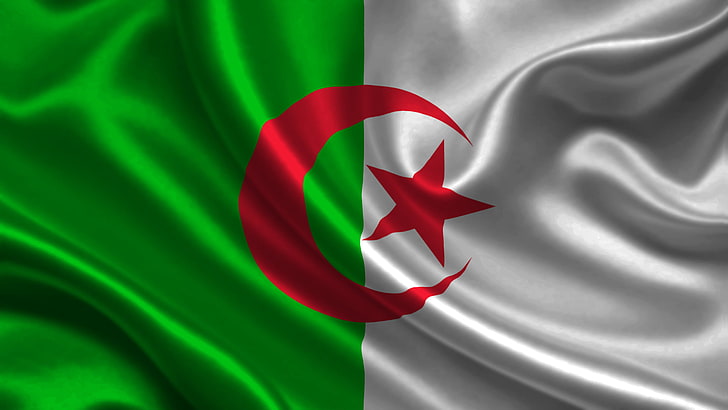 |
| Algeria |
|
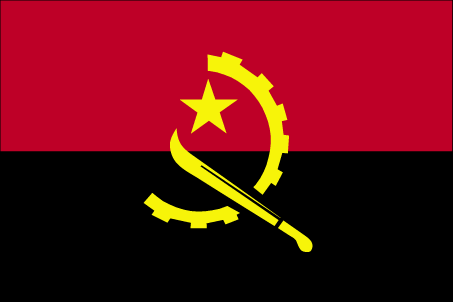 |
| Angola |
|
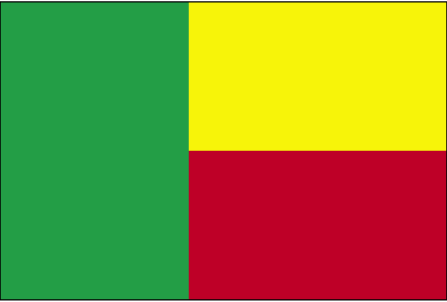 |
| Benin |
|
 |
| Botswana |
|
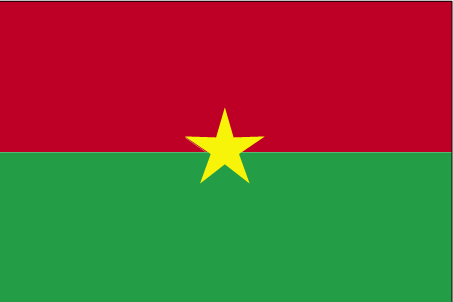 |
| Burkina Faso |
|
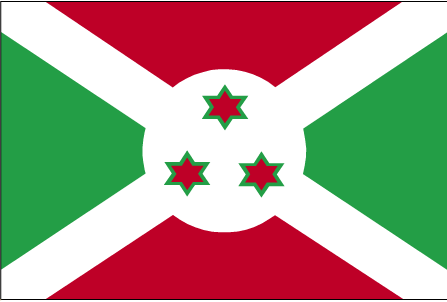 |
| Burundi |
|
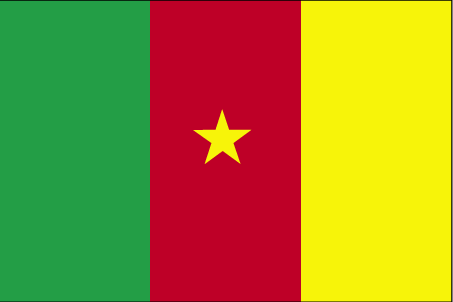 |
| Cameroon |
|
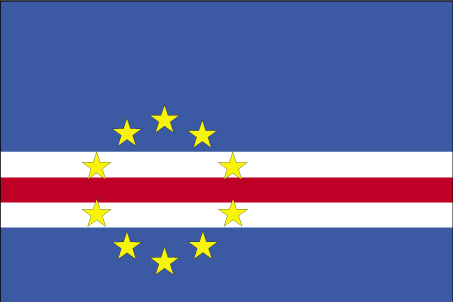 |
| Cape Verde |
|
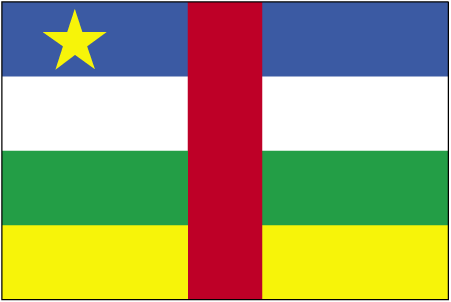 |
| Central African Republic |
|
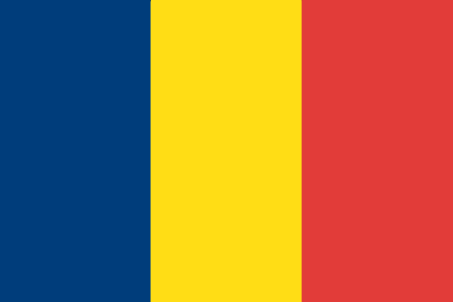 |
| Chad |
|
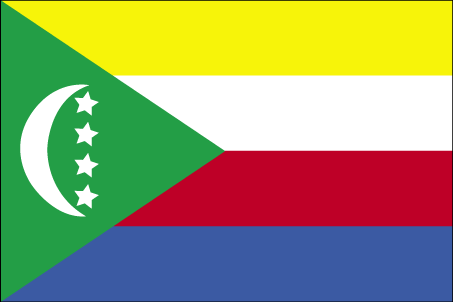 |
| Comoros |
|
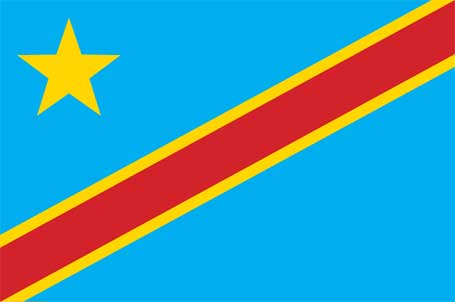 |
| Congo, Democratic Rep. |
|
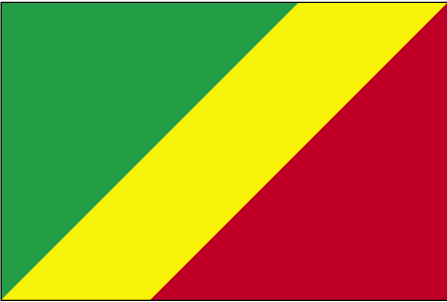 |
| Congo, Republic of |
|
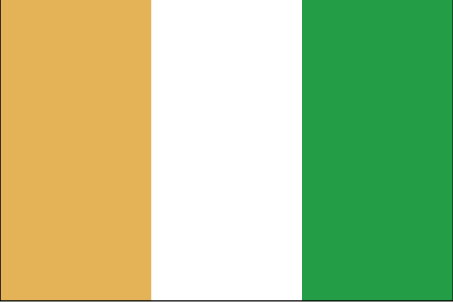 |
| Côte d’Ivoire |
|
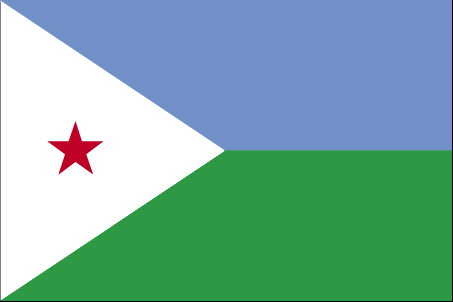 |
| Djibouti |
|
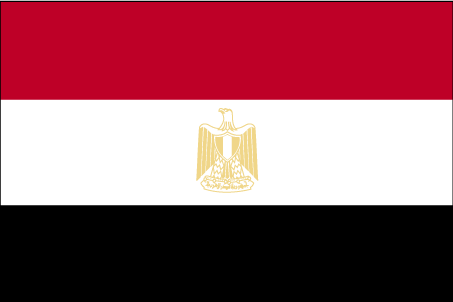 |
| Egypt |
|
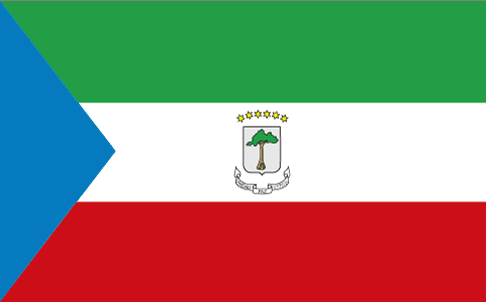 |
| Equatorial Guinea |
|
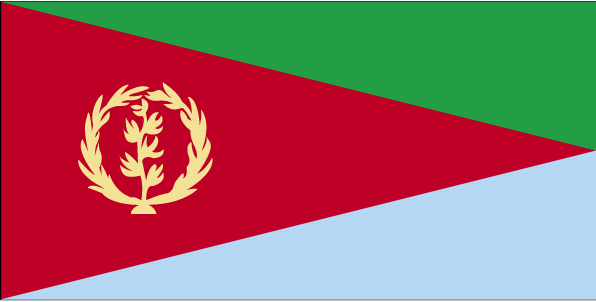 |
| Eritrea |
|
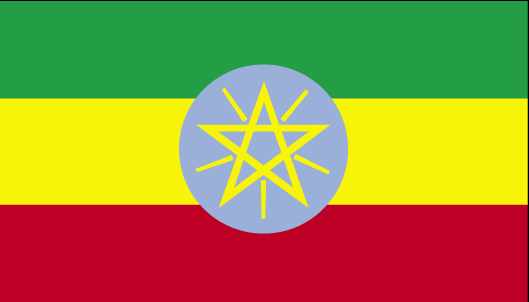 |
| Ethiopia |
|
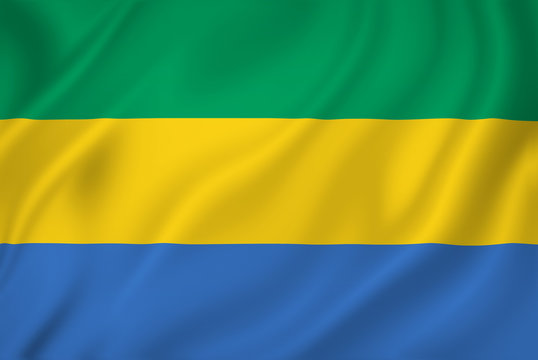 |
| Gabon |
|
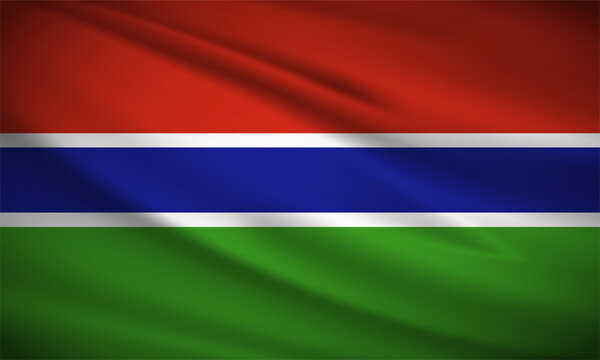 |
| Gambia, The |
|
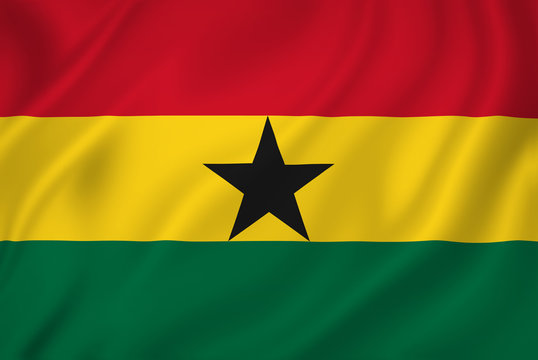 |
| Ghana |
|
 |
| Guinea |
|
 |
| Guinea-Bissau |
|
 |
| Kenya |
|
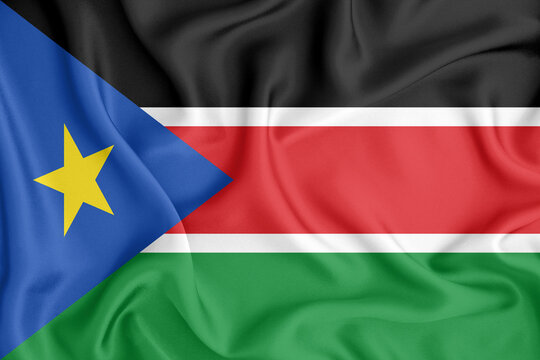 |
| South Sudan |
|
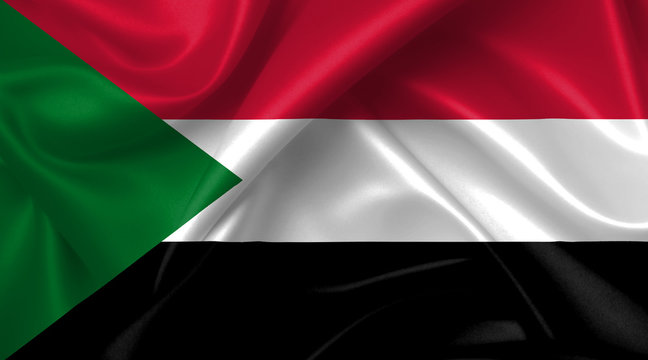 |
| Sudan |
|
 |
| Swaziland |
|
 |
| Tanzania |
|
 |
| Togo |
|
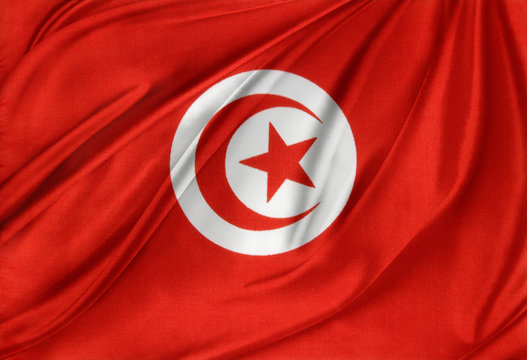 |
| Tunisia |
|
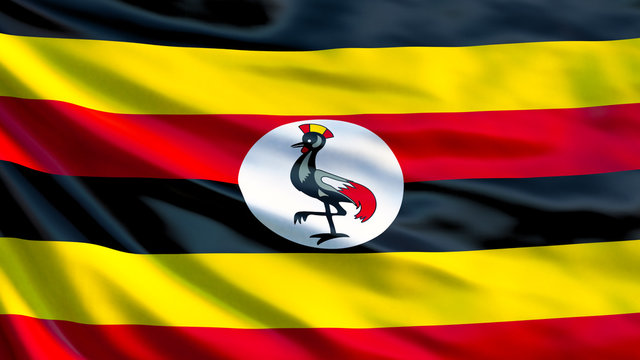 |
| Uganda |
|
 |
| Western Sahara |
|
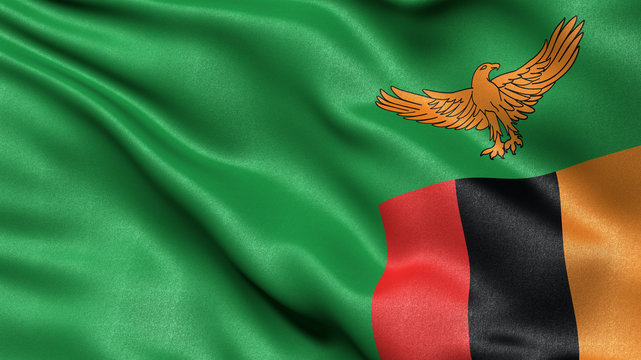 |
| Zambia |
|
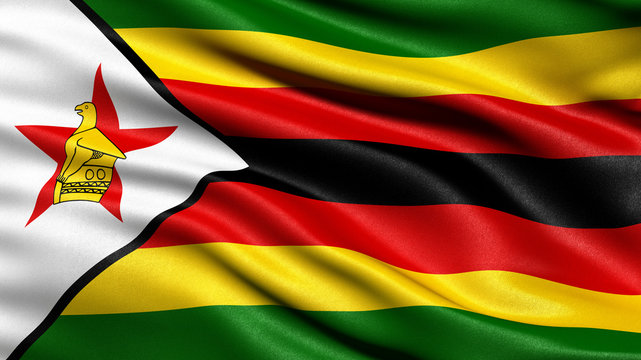 |
| Zimbabwe |
|
|
|
We hope this information on the flags of African countries is useful to you.

Other Recommended Reading
More Interesting Articles

